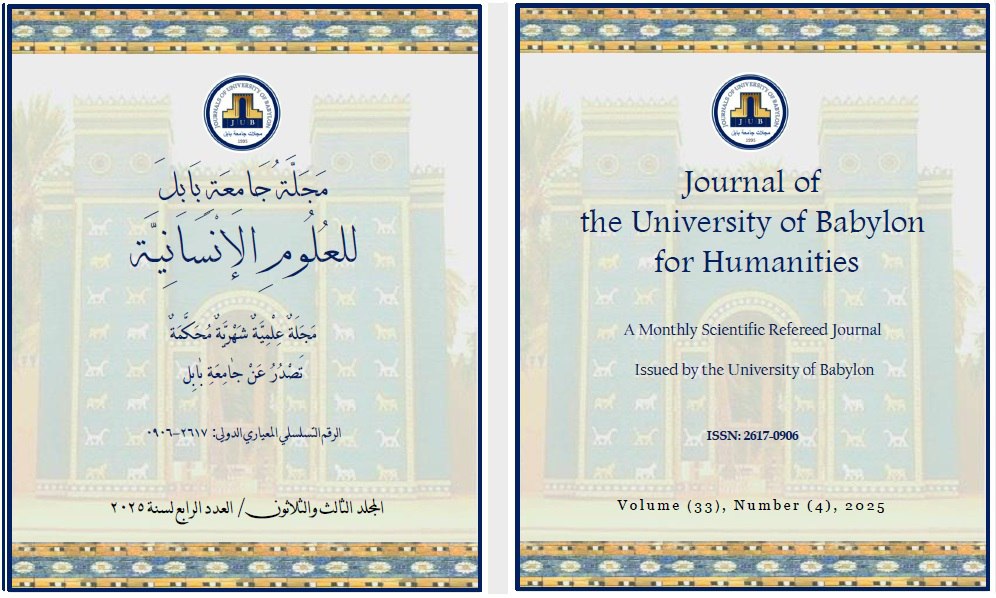Legal Adaptation of Administration Silence
Main Article Content
Abstract
The silence of the administration is its reluctance to respond to the requests and grievances of citizens and its refusal to take the decisions legally required of it. Silence carries the meaning of denying the law and the obligation imposed on it, and this silence is so that it is not an area for the administration’s arbitrariness. The law has had important consequences, which is considering this silence as an administrative decision. Negative or implicit depending on each case, which is what we will address in this research by examining the concept of the negative administrative decision, as well as the implicit administrative decision, as well as the characteristics of each of the two decisions, from which it is clear that these two decisions result from the fact of the administration’s silence and that the legislator is the one who determines their existence. Therefore, they can be appealed by cancellation. We also examined the discrepancy between the negative and implicit decisions. Are they one decision with names, or are they different? It appeared that each decision is different from the other, and there are many aspects of difference, whether in terms of origin or effects. We also presented the position of the legislator and the administrative judiciary regarding the distinction between the two decisions through the texts that determined their existence, as well as through the facts that the judiciary dealt with, which demonstrated the subjectivity of each decision.
Article Details

This work is licensed under a Creative Commons Attribution 4.0 International License.

